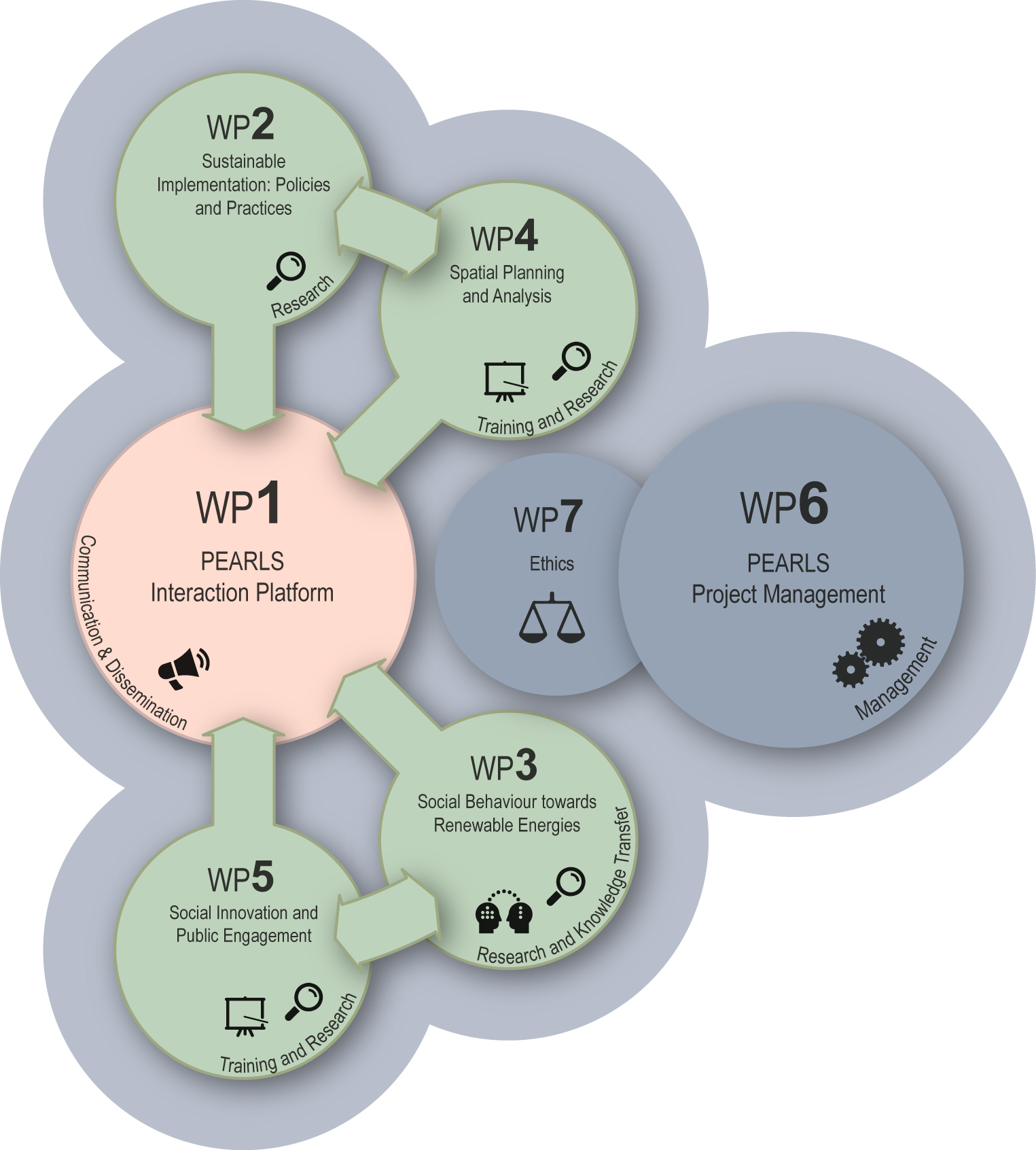Spatial Planning and Analysis
Work Package 4Leaded by AUTh
PARTICIPANTS
FOCUS







Its objective is twofold, namely: (a) the efficient transferring of knowledge and enhancement of skills related to renewable energy resources’ spatial planning/analysis and decision making methods, processes and tools and (b) the development and the application of methodologies and tools in sustainable energy planning enhancing the active public participation and involvement. The first objective will be achieved through autonomous studying/learning of seconded staff and through the appropriate training of seconded staff on spatial analysis tools, earth observation monitoring and multi-criteria analysis methods. For achieving the second objective, an online geographic information system (web-GIS) will be designed and implemented. The potential of using all the above tools in sustainable energy planning and their versatility and efficiency will be illustrated through their application on specific Case Studies corresponding to areas with different geographical, spatial and social characteristics, as well as to the exploitation of different renewable energy sources.
OBJECTIVES
02. Development of advanced methodologies and tools in RES spatial planning/analysis and decision making incorporating public participation and involvement.
TASKS
1.
2.
3.
WORK PACKAGES RELATED
e-mail: eusoclab@us.es
Address: Avda. Ciudad Jardin, 20/22, 1ª pta. 41005 Sevilla (España)
______________________________________________________________________________
Funded by: Marie Sklodowska Curie Actions. H2020 Research Innovation Staff Exchange (RISE)
Project Number: 778039 - PEARLS

